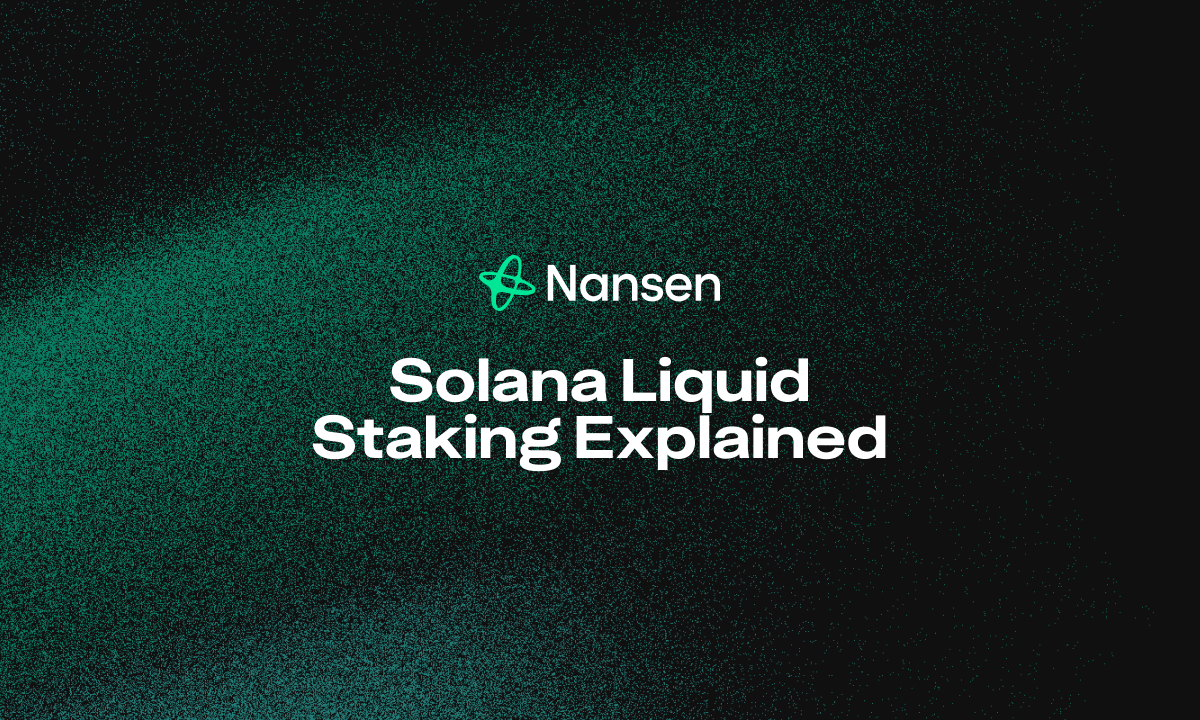Liquid staking on Solana has gained significant traction, allowing users to stake their SOL tokens while retaining liquidity. With increasing search queries like “Solana liquid staking,” “is liquid staking safe Solana,” and “can you convert liquid staking Solana,” it is clear that crypto investors are eager to understand how liquid staking works and its potential risks.
This guide explains Solana liquid staking, its benefits, risks, and how users can maximize their rewards.
What Is Solana Liquid Staking?
Solana liquid staking is a process that enables users to stake their SOL tokens while receiving a liquid staking derivative (LSD) in return. These LSDs — such as mSOL (Marinade), stSOL (Lido), or JitoSOL (Jito) — can be used in decentralized finance (DeFi) applications, allowing users to earn additional yields.
How Liquid Staking Works
- Stake SOL – Deposit SOL tokens into a liquid staking protocol.
- Receive Liquid Tokens – Get an equivalent amount of LSD (e.g., mSOL, stSOL).
- Utilize in DeFi – Use LSDs for lending, yield farming, or trading.
- Unstaking and Redemption – Convert LSDs back into SOL when needed.
Unlike traditional staking, which locks tokens for a set period, liquid staking allows users to continue earning rewards while keeping their assets liquid.
Is Liquid Staking Safe on Solana?
A common concern is whether liquid staking is safe. While liquid staking provides flexibility, it also carries risks.
Potential Benefits
- Earn staking rewards without locking up SOL
- Use LSDs in DeFi to generate additional yield
- No waiting period for unstaking through decentralized exchanges (DEXs)
Potential Risks
- Smart contract vulnerabilities could expose funds to security risks
Liquid staking tokens can lose value if liquidity is insufficient
- Some platforms charge higher staking fees
To minimize risk, users should choose reputable liquid staking providers such as Lido or Jito and review security measures before staking.
Can You Convert Liquid Staking Tokens Back to SOL?
Yes, users can convert their liquid staking tokens back to SOL through two main methods:
- Direct Unstaking – Some platforms allow unstaking with a waiting period
- Swapping on DEXs – Liquid staking tokens like mSOL, stSOL, and JitoSOL can be traded for SOL on Jupiter, Raydium or Orca for instant liquidity
Users should check for slippage and transaction fees when swapping on DEXs.
Can You Send Liquid Staking Tokens on Solana?
Liquid staking tokens are transferable like standard Solana Program Library (SPL) tokens. Users can
- Transfer LSDs between wallets
- Use them in DeFi lending and yield farming
- Trade them on Solana-based DEXs
Before sending LSDs, recipients should understand how they work, as they are not the same as regular SOL.
CEX Liquidity Issues: Are Centralized Exchanges Running Out of Liquidity?
Some reports suggest that centralized exchanges (CEXs) could experience liquidity issues due to liquid staking. While major exchanges generally have sufficient liquidity, sudden withdrawals or extreme market conditions could lead to shortages.
How to Avoid CEX Liquidity Risks
- Use decentralized exchanges (DEXs) for trading LSDs when possible
- Monitor exchange liquidity before making large trades
- Consider self-custody solutions to reduce reliance on third parties
Users should assess market conditions and exchange stability before converting or trading large amounts of liquid staking tokens.
Final Thoughts
Solana liquid staking allows users to stake SOL and receive liquid tokens such as mSOL, stSOL, or JitoSOL, enabling them to earn staking rewards while maintaining liquidity.
These liquid staking derivatives (LSDs) can be used in DeFi for additional yield generation, but they also come with risks, including smart contract vulnerabilities and potential liquidity shortages on exchanges. LSDs can be converted, sent, and traded within Solana’s DeFi ecosystem, providing flexibility for users.
However, it is important to monitor CEX liquidity and consider DEX alternatives when needed. As liquid staking continues to expand within Solana’s ecosystem, it presents new opportunities for users seeking to optimize their staking rewards while maintaining flexibility.



